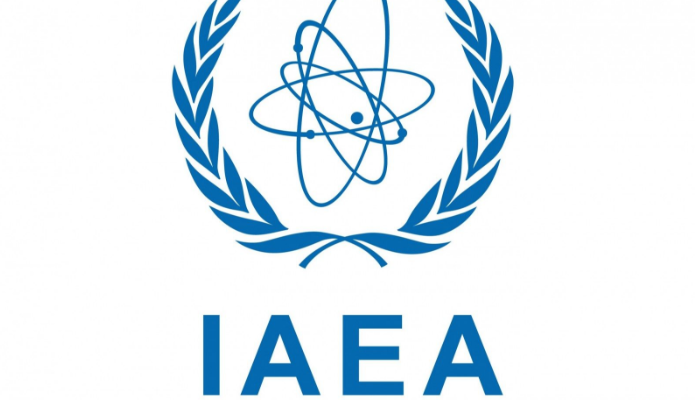November 2021 once again put climate change in the spotlight for Europe and the world. Close to 200 countries came together this month for the UN’s annual climate summit, COP26, and after much deliberation, adopted the Glasgow Climate Pact. Some key commitments had countries pledging to limit their emissions by 2030; forming the first-ever alliance targeting fossil fuel extraction; setting u ...[Read More]
Are we equipped to meet the Glasgow Climate Pact?


